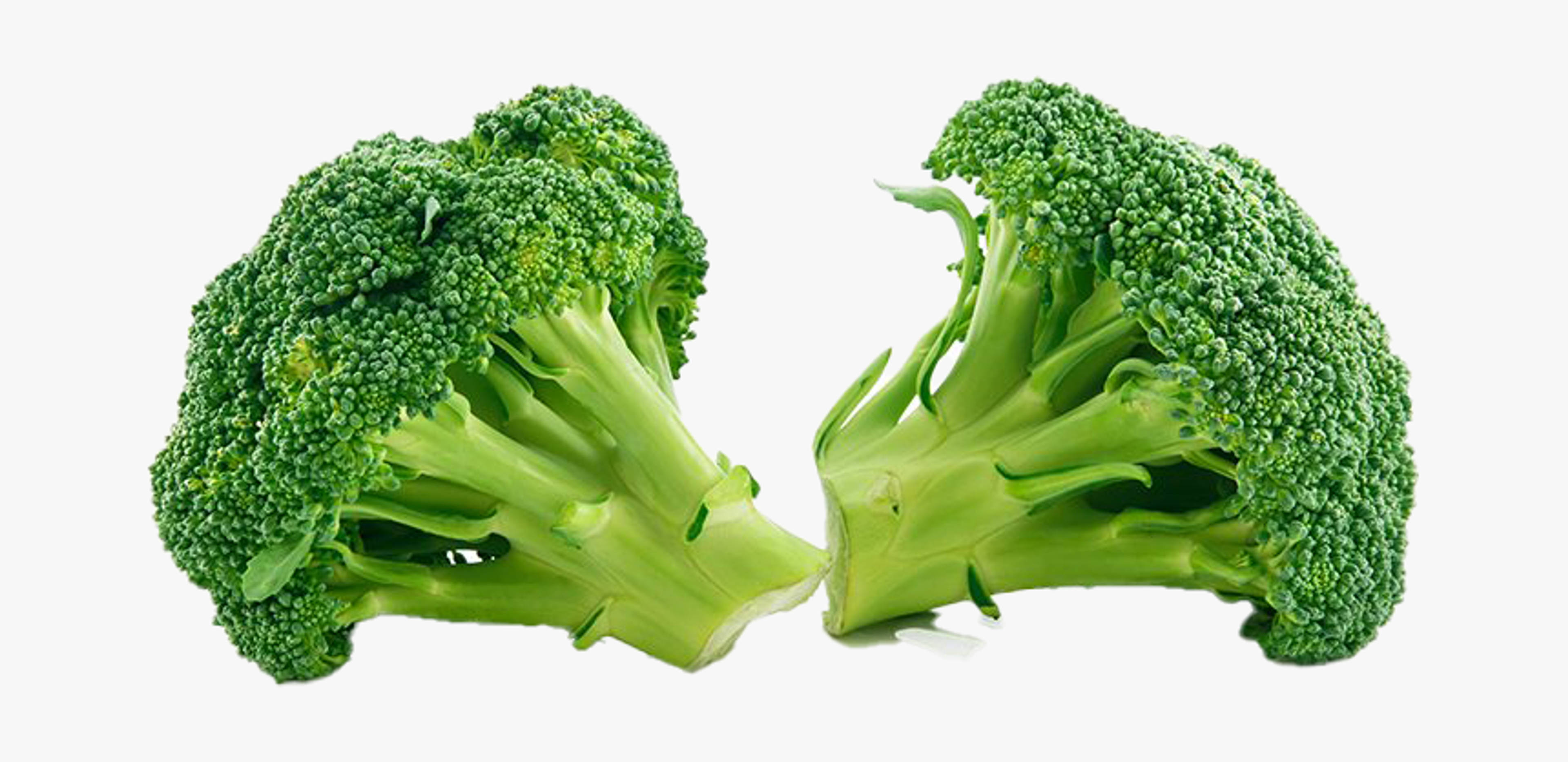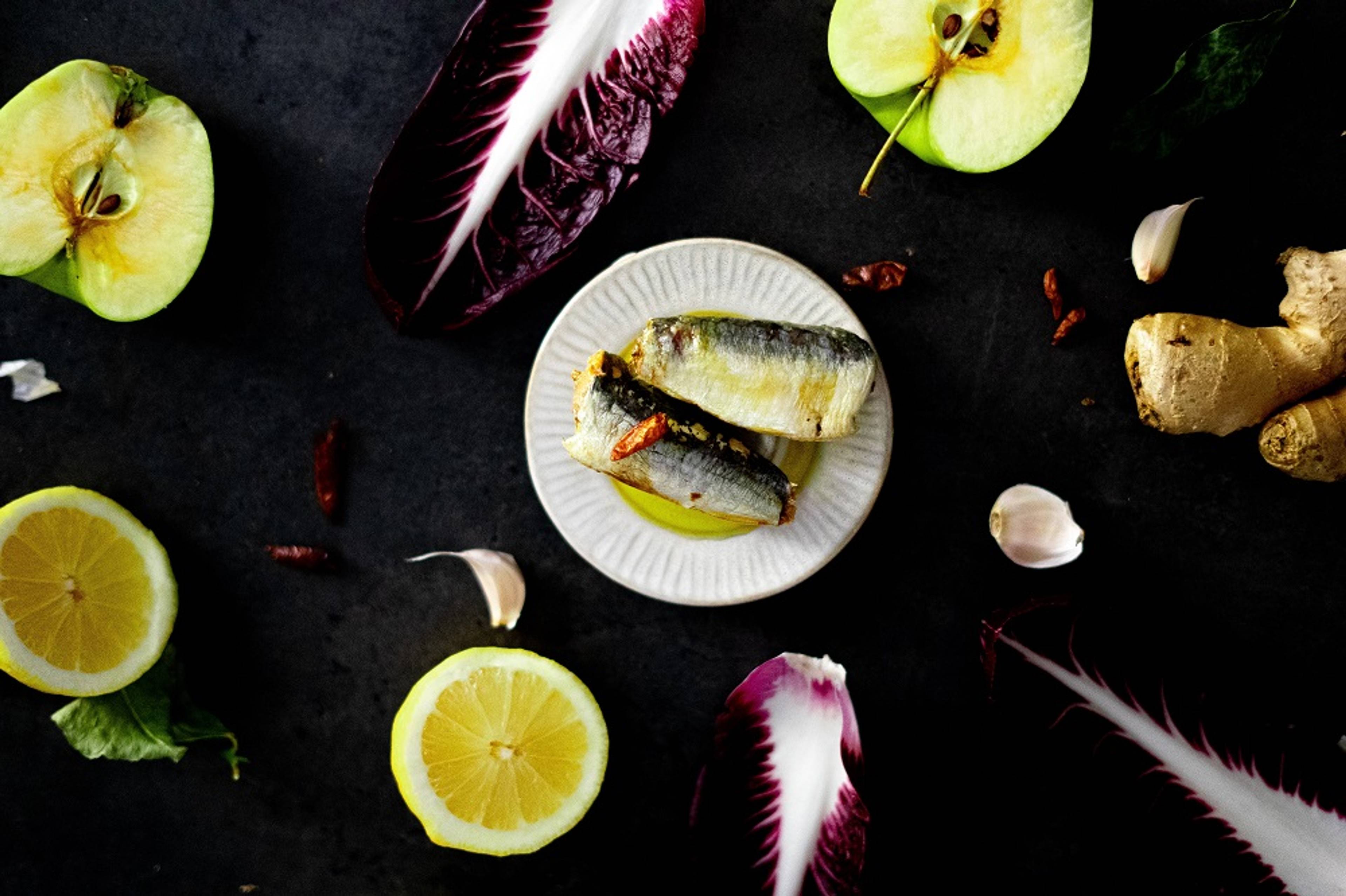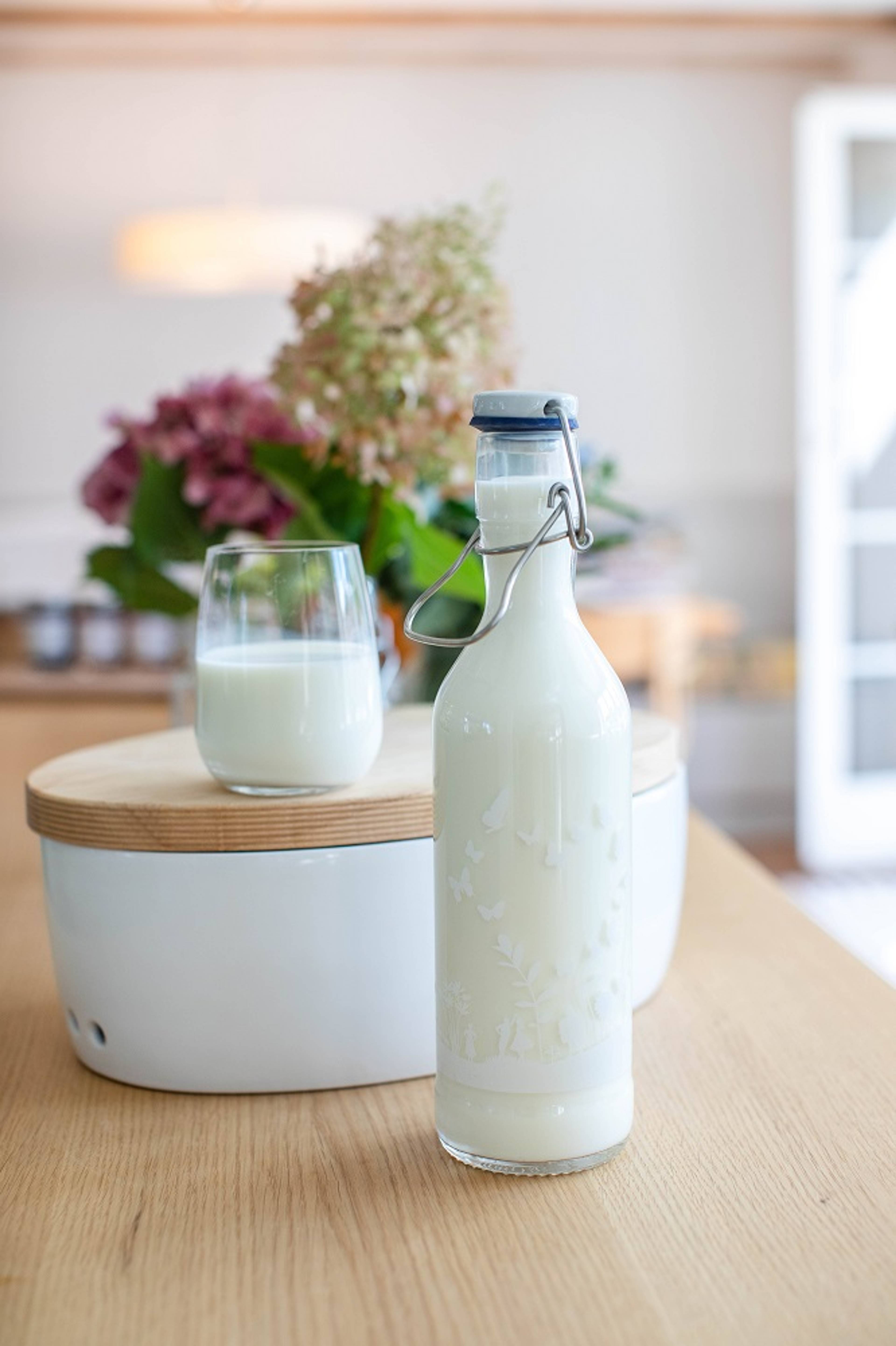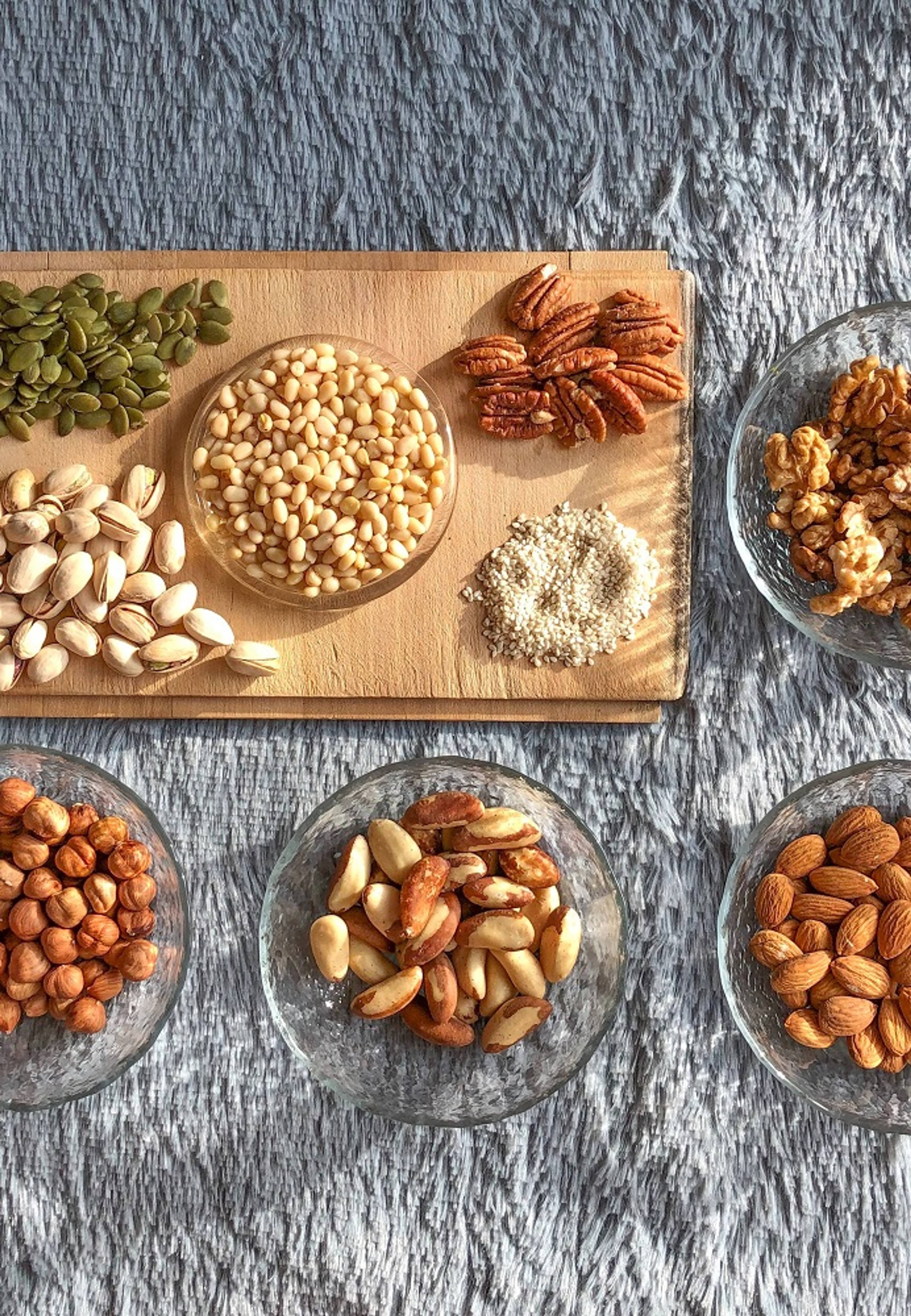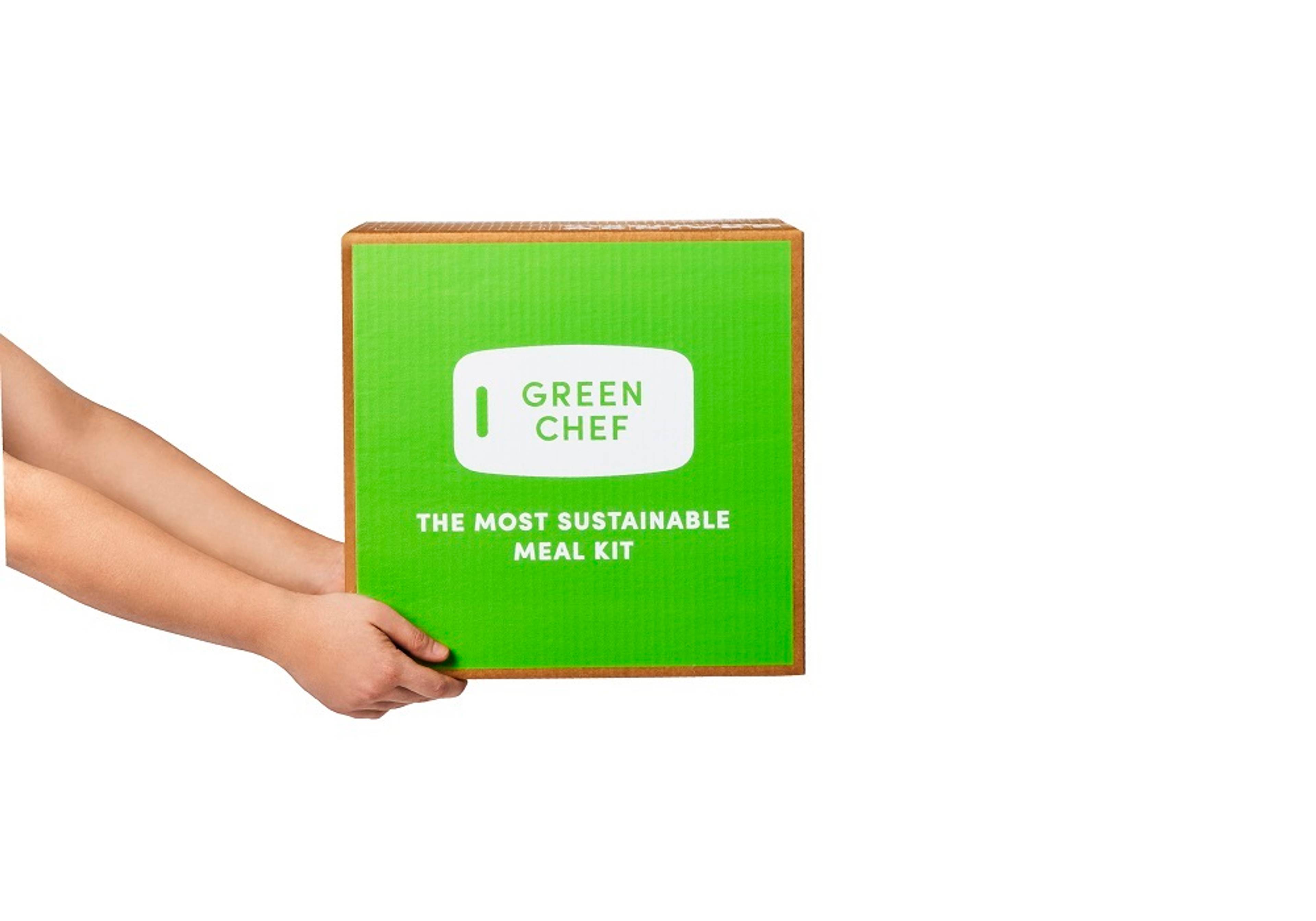Plant-Based Diets 101: Plant-Based Foods
What Is a Plant-Based Diet?
The term “plant-based” is a pretty broad one, but in essence it’s a way of eating that focuses on natural plant foods and eliminates or reduces animal products like meat and dairy. Plant-based diets vary greatly, depending on the extent to which you want to keep animal products in your diet. For example, vegans eat no animal products of any kind. This means no meat, dairy, eggs, or even honey. Flexitarians, on the other hand, occasionally eat those animal products. The building block of both diets, though, are the same: the majority of consumed food should be plants. And what are plant-based foods? Vegetables, fruits, legumes, whole grains, seeds, and nuts are the stars of all plant-based diets.
More and more people seem to be making the switch to plant-based diet foods. Growing research states that plant-based diets can help you lose weight, improve your overall health, and are also good for the environment. Read on to find out more about what a plant-based diet is, as well as what you can and can’t eat when on the most common plant-based diets.
A Plant-Based Diet Shopping List
If you’re wondering what to put in your grocery cart, have no fear. We’ve put together shopping lists for each of the most common plant based diets. It’s really quite simple when you think of it this way: everyone can eat vegan! Let’s start, then, with a vegan diet grocery list that can be the baseline for all vegetarian diet foods list:
- Fruits: apples, pears, strawberries, blueberries, pineapple, bananas, etc. Choose in-season fruits, and opt for frozen fruit for smoothies.
- Vegetables: fresh or frozen, nutrient packed vegetables are the base of the vegan diet food pyramid. Leafy greens, broccoli, carrots, Brussel sprouts, cauliflower, sweet potatoes, squash, bell peppers, cucumbers…the more, the merrier!
- Whole grains: many whole grains are a vital source of protein and fiber. Oats, quinoa, brown rice, amaranth, and bulgur are hearty and satisfying options.
- Healthy fats: avocados, olive oil, coconut oil, flaxseed oil etc.
- Legumes: including green peas, chickpeas, beans, lentils, peanuts, and natural peanut butter.
- Seeds, nuts, nut butters: almonds, hazelnuts, macadamia nuts, pumpkin seeds, sunflower seeds, tahini…when choosing nut butters, choose natural and unsweetened kinds.
- Plant-based milks: soy milk, oat milk, almond milk, cashew milk, etc. Opt for unsweetened varieties.
- Plant-based protein: tofu, seitan, and vegan protein powders.
These vegan diet foods belong on every plant-based diet shopping list, no matter which variety of plant-based diet you choose. One thing to keep in mind: stay away from overly processed or “junk” foods. Potato chips and sugar are technically vegan but aren’t going to help you move toward a healthier life.
Protein: A Building Block of a Healthy body
Vegan and Vegetarian Diet Supplements: What You Need to Know
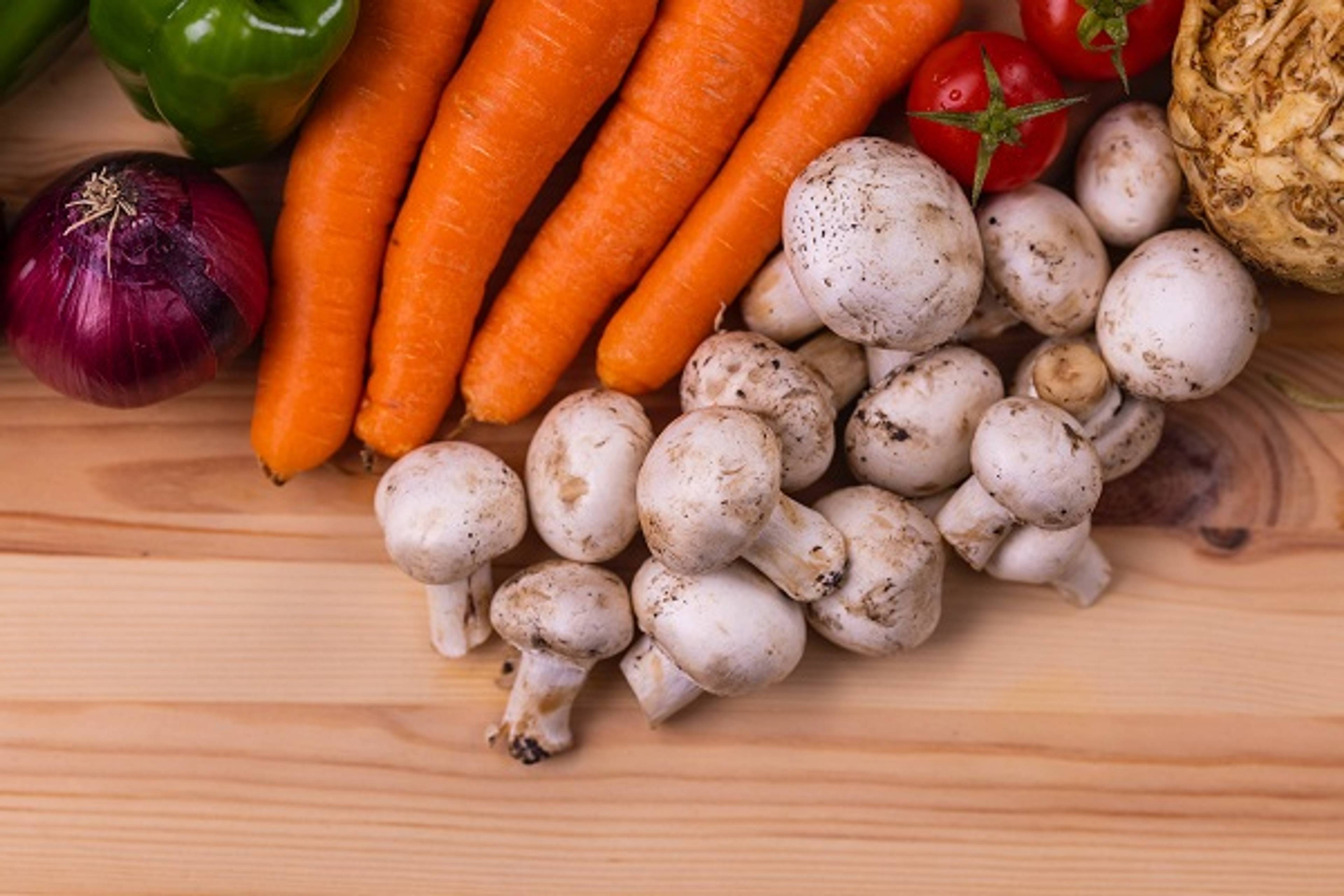
Vitamin D for Immunity, Recovery, and Mood
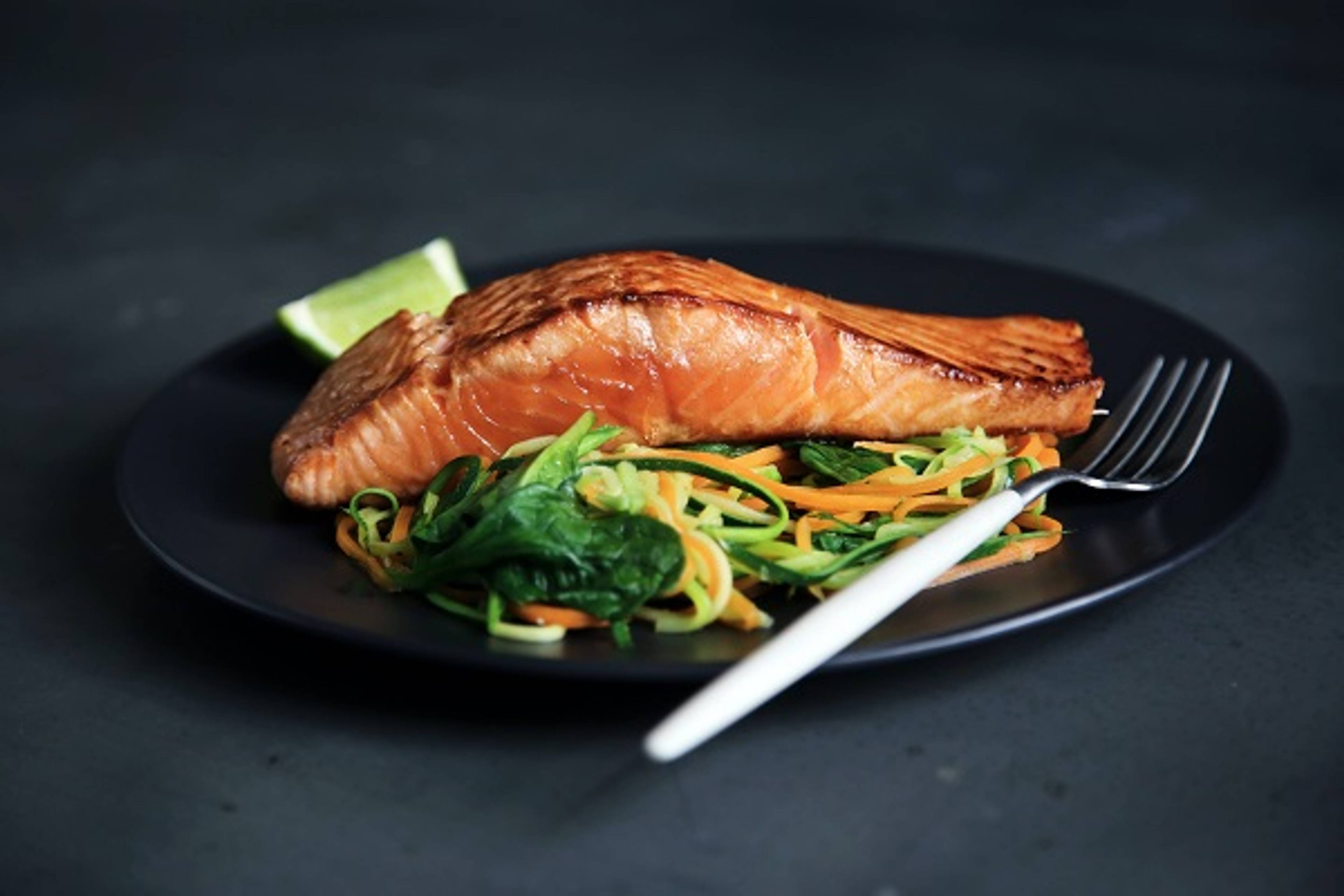
Omega-3 – Contributing to Brain Development
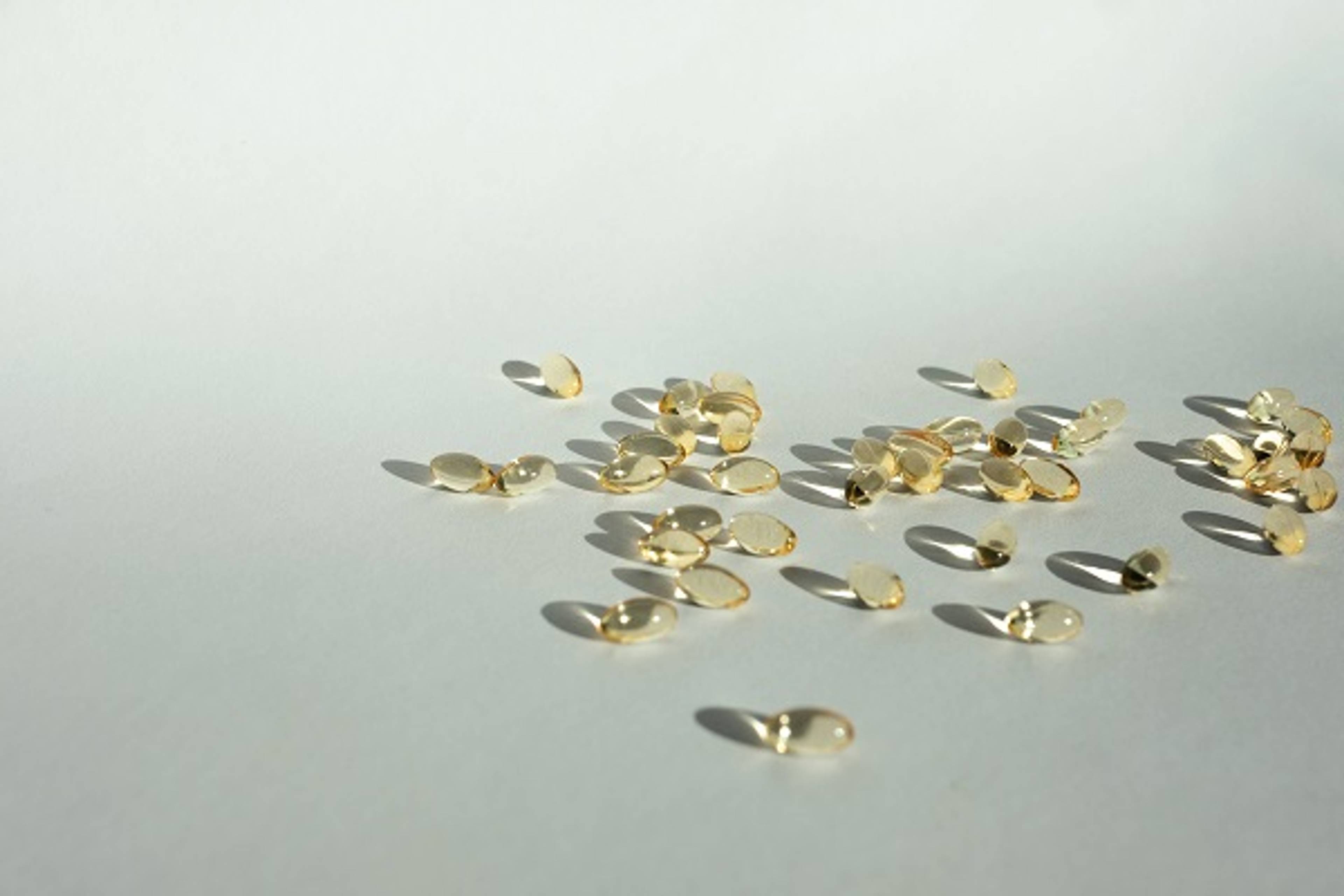
Vitamin B12 to Help Metabolize Protein
